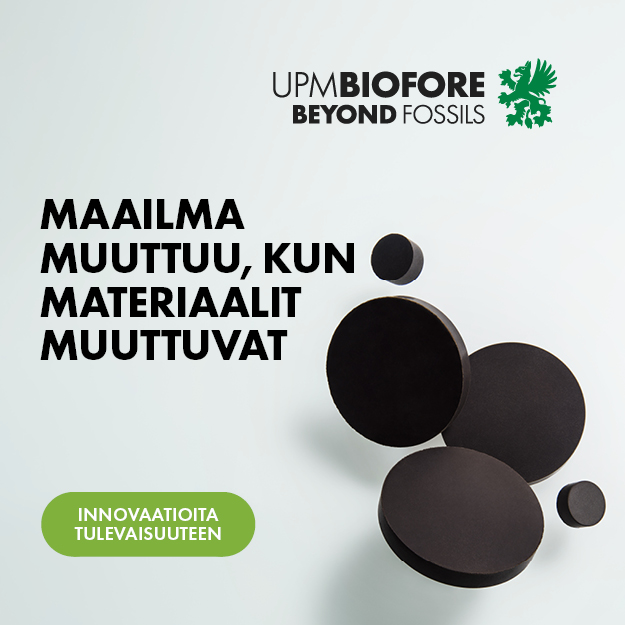This development is good news for the forest industry’s system providers, among other parties. Jussi Mäntyniemi, the director in charge of biomaterials in Valmet’s Pulp and Energy business line, points out that the new applications allow for more valuable uses for lignin than incineration – lignin’s added value is on the rise.
“This provided the mechanical engineering industry with the possibility to develop and commercialise technologies for the further exploitation and processing of this renewable raw material,” says Mäntyniemi.
Valmet’s current star product, LignoBoost, was originally developed by the Swedish research institute Innventia and Chalmers University of Technology, based in Gothenburg, Sweden. Metso acquired the technology for itself in 2008 and continued its development. Nowadays, the technology constitutes a part of the core competence of Valmet, which separated from Metso to become an independent company.
As a whole, LignoBoost is a lignin separation facility which, integrated with a pulp mill, separates lignin from black liquor. The latest plant of this kind was delivered to Stora Enso’s Sunila Mill in Kotka, Finland.
The bioeconomy brings new applications
Mäntyniemi emphasises LignoBoost’s importance as an innovation particularly because it allows the creation of a significant, renewable, lignin-based raw material for numerous applications. Potential lignin-based products include biochemicals, composites, traffic fuels, technical carbon, adhesives and carbon fibres.
According to Mäntyniemi, LignoBoost is not, however, an actual tool for increasing energy efficiency.
“Not as such, given that, even today, lignin’s energy is exploited in the forest industry as heat and electricity. Which is not to say that lignin separated from pinewood sulfate black liquor wouldn’t be a rather high-grade biofuel. This enables it to replace fossil fuels, such as the oil or natural gas of a pulp mill’s lime recovery kiln, which is exactly what Stora Enso is doing at its Sunila Mill.”
LignoBoost has nevertheless been envisioned a bigger role as an operator within the bioeconomy field. Demand for the raw material will start growing quickly, given that the bio-applications of lignin are already being developed at a fast pace. This makes lignin profitable to produce, for which LignoBoost is quite the maker.
“In principle, all kraft pulp mills that produce pulp chemically could be fitted with LignoBoost. This would bring lignin’s production potential to tens of millions of tonnes a year,” says Mäntyniemi.
Text: Jaakko Liikanen
Photo: Valmet



